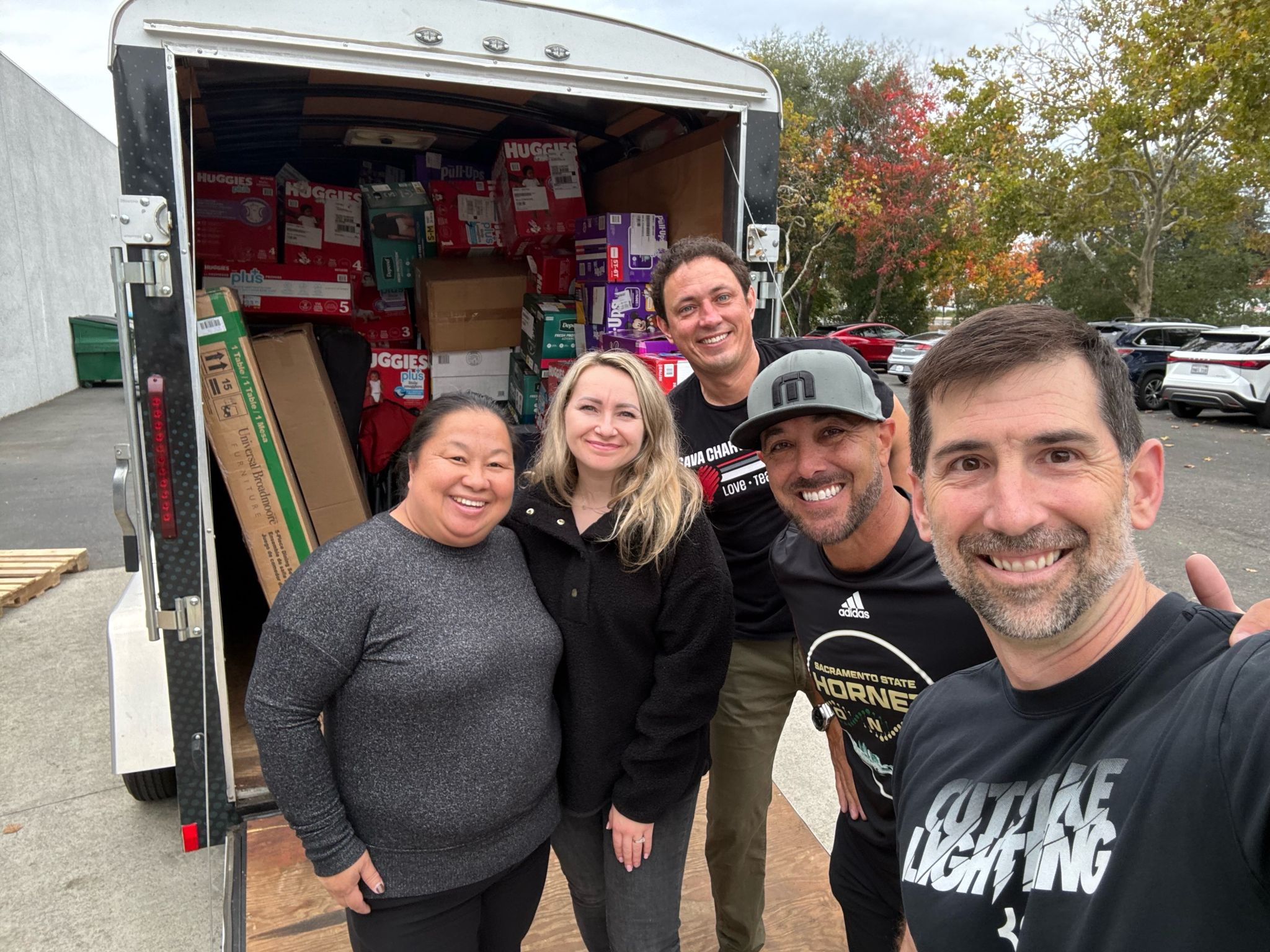With K-12 school reopening plans on hold statewide due to a resurgence in coronavirus cases, CCSA is highlighting charter public schools that are helping families bridge the digital divide as remote instruction continues.
The four charter public schools -- which serve mostly low-income, minority students in different parts of California -- are pioneering ways to ensure underserved students get the devices they need to learn, and providing the internet connectivity to meaningfully engage throughout the year.
The charter schools are named in a new CCSA report released today entitled, How California’s Charter Schools Adapted to Narrow the Digital Divide, which explores how charter schools across the state transitioned to remote instruction after the statewide shelter-in-place order of March 2020. They four charter schools named in the study are:
- Rocketship Public Schools (San Jose, CA) — Rocketship conducted virtual home visits with families to check on their needs and teach them how to use tools like Zoom. They also used parent camps to teach families about the digital tools their kids would use frequently.
- Collegiate Charter High School (Los Angeles, CA) — Collegiate staff delivered laptops to every student who needed them within 72 hours of implementing distance learning in the spring of 2020.
- Scholarship Prep Charter Schools (Los Angeles, Orange and San Diego counties) — By early April, Scholarship Prep had already provided over 700 Chromebooks and 55 hot spots to its students.
- St. Hope Public Schools (Sacramento, Ca) — St. Hope ensured each family had access to the internet within just one week.
In this video clip, Jennifer Kress, CCSA Director of Research and author of the study, talks about why these charter schools are success stories, Rocketship’s creative outreach efforts, and the significance of the report’s findings for all schools:
Collectively, the four charter schools utilized a number of best practices, including 1) building and maintaining strong relationships with family and staff and 2) fostering innovative partnerships with community organizations, telecommunication companies, and government agencies.
They leveraged their creativity and flexibility to overcome bureaucratic and corporate challenges which could have stymied efforts to help students and families.
“Flexibility is in the DNA of all charters, allowing them to pivot quickly, allocate funds where they’re needed most, and collaborate with community partners to keep learning on track,” said Myrna Castrejón, CCSA president and CEO. “We encourage all schools to consider the research-based practices taking place at the four charter public schools highlighted in this report.”
How California’s Charter Schools Adapted to Narrow the Digital Divide is the second installment in CCSA’s annual Portrait of the Movement 2020 report series. To read the second installment, click here.
The first installment, How California’s Charter Schools Mitigated Learning Loss, was released last week and examined how charter public schools utilized their independence and flexibility in budgeting and staffing to transition to distance learning programs much quicker than their traditional public school counterparts, allowing for more underserved students to stay on track academically.
Portrait of the Movement 2020 offers the first glimpse at the performance of charter schools in the Golden State during one of the most historic times in U.S. history. The report series is comprised of a total of four studies.
Here’s a look at the other upcoming releases in December 2020:
Student Engagement — Focus: How did charter schools keep students engaged and monitor the degree to which students were participating in distance learning?
Social and Emotional Distress — Focus: In what ways did charter schools support students with issues related to mental health, hunger, and social isolation during the pandemic?
This blog story was written by Ana Tintocalis, CCSA Director of Media Relations and Research. She is also a contributor to the CharterNation blog. If you would like to contact her, please email atintocalis@ccsa.org.


